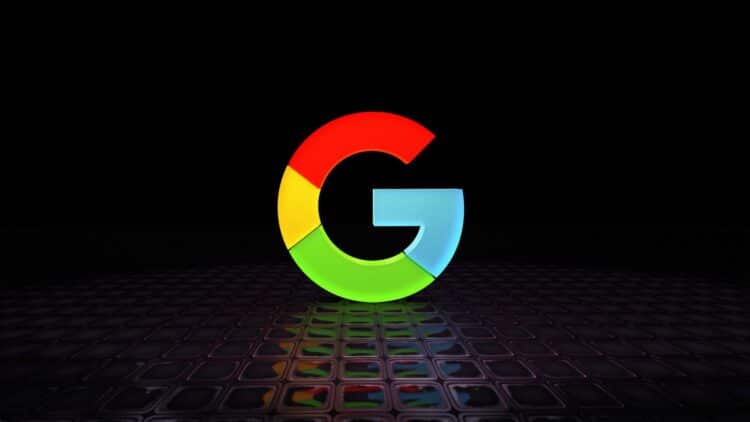Under Europe’s new Digital Markets Act (DMA), which regulates various aspects of the technology market and impacts major companies in the sector, Europe is about to impose its first fine, targeting Google. One of the largest companies in the sector globally, the company is being accused of highlighting its own services over those of competitors, a practice known as “self-preferencing.” By implementing this punitive measure, Europe is making clear its intention to regulate companies.
Google at the center of a new dispute over favoritism in its search services
This isn’t the first time Google has faced challenges from Brussels. Over the past decade, the company has accumulated more than €11 billion in fines for anticompetitive practices. A recent example was the imposition of approximately €2.95 billion for distortions in the digital advertising sector, where the company allegedly gave its AdX system an advantage over rivals.
In the current example, the problem goes beyond advertising, directly affecting Google’s main tool: the search engine. According to complaints filed with the European Commission, the company is giving more visibility to its own services, such as Google Shopping, Google Flights, and Google Hotels, compared to solutions from competitors. In practice, this means that Google’s solutions will appear first as options, with the clear goal of creating a consumer bias toward these services.
The DMA, which has been in force since 2023, was created precisely to regulate and prevent this type of practice in Europe. The law establishes a series of obligations for large digital companies, classified as “gatekeepers,” that control essential services in the digital sector with the goal is to ensure fairer competition.
Digital Markets Law changes the balance of power between Big Tech and Europe
This Google case represents the first test of the application of penalties under the DMA. Until then, the legislation, which was already in effect, had not yet imposed any restrictive measures. If confirmed, the fine could reach a staggering 10% of the company’s global revenue.
The application of the penalty also raises political issues. For the European Union, moving forward with this measure is not just a matter of enforcing the DMA’s legality. It also aims to demonstrate that Europe can impose clear rules on American giants and defend its digital market.
Impact on global tech industry goes beyond just Google’s case
Other industry giants like Apple and Meta have already felt the pressure from the DMA, requiring investigations and adjustments to their services, including expressions of dissatisfaction with the imposed laws. Now, with Google, the impact could be even greater, as the search engine is one of the main tools used by Europeans as a gateway to the internet.
Other sectors may feel the impact of this debate. For small businesses in tourism, e-commerce, or even price comparison, competing among the services offered by different companies is often a matter of survival. Having less visibility on Google can mean losing customers and significantly harming your business. At the same time, for users, the promise is greater transparency and more varied options when conducting online searches.
How the decision could affect consumers, businesses, and Google itself
Despite the severity of the accusations, the case has still been finalized. Google has submitted proposals to modify the way it displays results, but so far these have not been deemed sufficient. If the company fails to convince the European Commission, it will inevitably face its first fine under the DMA.
This clash between Google and the European Union could become the first practical, punitive application of the Digital Markets Act. It will serve as an indicator of Europe’s true ability to balance power between Big Tech and smaller competitors. For users the outcome will offer lessons on the extent of digital platforms’ influence in everyday life.


